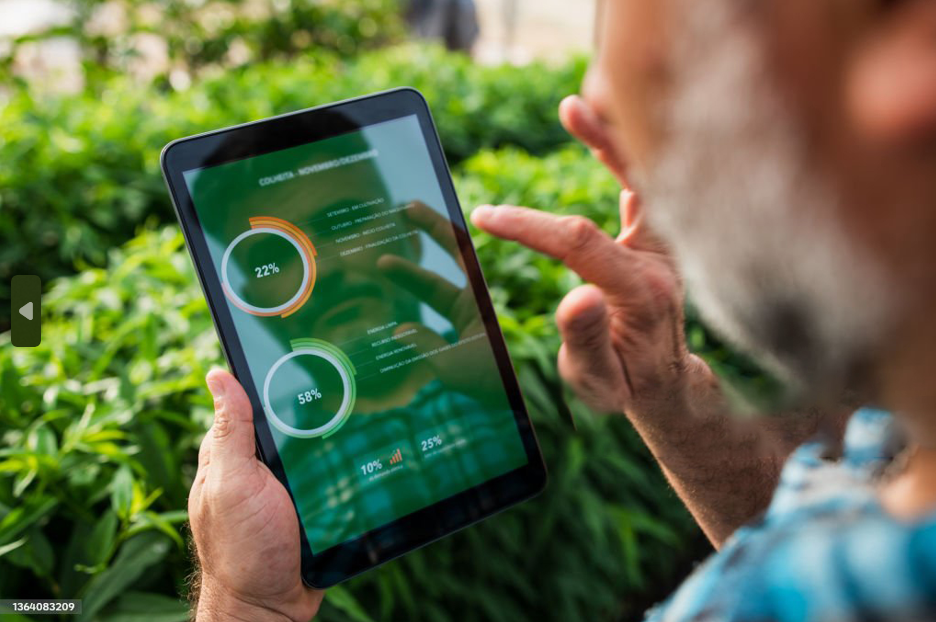
Exhibition time: 17-19 March, 2026 Shanghai, China
 中文
中文

Exhibition time: 17-19 March, 2026 Shanghai, China
 中文
中文

ICL (NYSE: ICL) (TASE: ICL), a leading global specialty minerals company, and Lavie Bio Ltd., a leading ag-biologicals company and subsidiary of Evogene Ltd. (Nasdaq: EVGN) (TASE: EVGN), announced a significant milestone in their collaboration to develop bio-stimulant solutions for key row crops facing various abiotic stresses. By leveraging artificial intelligence (AI), Lavie Bio has computationally identified more than a dozen novel microbial candidates believed to have commercial viability as bio-stimulants for crops grown under extreme weather conditions, including drought. While this process can normally take several years, the collaboration achieved success within its first 12 months – thanks to Lavie Bio's proprietary Biology Driven Design (BDD) technology platform.
The ambitious AI-driven program, jointly developed by ICL and Lavie Bio, has identified novel microbe-based biological solutions that, when combined with fertilizers, are expected to be a game changer in overcoming various abiotic stresses under different weather conditions. By focusing on bio-stimulants that enhance crop resilience to such conditions, the collaboration has aimed to deliver tangible benefits to farmers, including a 5% to 10% increase in yield, on average.
As part of this AI-driven achievement, more than a dozen novel microbe candidates, which met the product requirements for efficacy, stability, shelf life and fertilizer compatibility, were computationally identified and verified in multiple greenhouse trials. The microbes were discovered and validated using Lavie Bio's BDD technology platform, powered by Evogene's MicroBoost AI tech-engine, and achieved a remarkable prediction rate from computer modelling to greenhouse validation – a rate ten times higher than the industry standard, according to company estimates.
This success paves the way for field trials in both the U.S. and Brazil in the second half of 2024, with results available by year-end. Lavie Bio will continue to leverage AI to drive product development and optimization, while ICL will guide the development and lead the way to product commercialization. The parties aim to start the regulatory process in 2026, just three years from program initiation.
"We are pleased to collaborate with Lavie Bio in the search for a novel solution to address a significant and proven market need in regions strategic to ICL," said Dr. Elinor Erez, vice president of R&D for ICL Growing Solutions. "This partnership exemplifies our commitment to pioneering advanced and unique biostimulant solutions for our customers, which aligns with our strategic vision to lead in agricultural innovation and sustainability and ensuring food security. The discovery process yielded candidate microbes that were validated in the green house, thanks to Lavie Bio's exceptional capabilities and their structured and efficient discovery platform. We are excited to move forward to field trials and are confident any future novel product will revolutionize how the agricultural community approaches plant resilience and productivity."
"We are very proud of the collaborations' significant progress, which was achieved by leveraging artificial intelligence to drive rapid advancements in our research," said Amit Noam, CEO of Lavie Bio. "Using ICL's deep agricultural expertise has been essential in focusing Lavie Bio's discovery efforts and has enabled us to advance to field trials in multiple target geographies quickly. Our team did a remarkable job of pushing our discovery process and platform to new heights, continuously improving computational accuracy and reducing both the time and cost to market for our novel products."
Recent research underscores the economic impact of climate change on global row crops, with extreme weather events, like droughts and floods, potentially causing billions in annual losses. Reports from the World Economic Forum and World Meteorological Organization highlight the rising costs, noting that extreme weather and climate-related disasters resulted in $4.3 trillion in losses from 1970 to 2021.[1][2][3] The agricultural sector urges the adoption of resilient strategies, technological innovations, and policy interventions to safeguard food security and mitigate economic vulnerabilities.
Source:AgNews